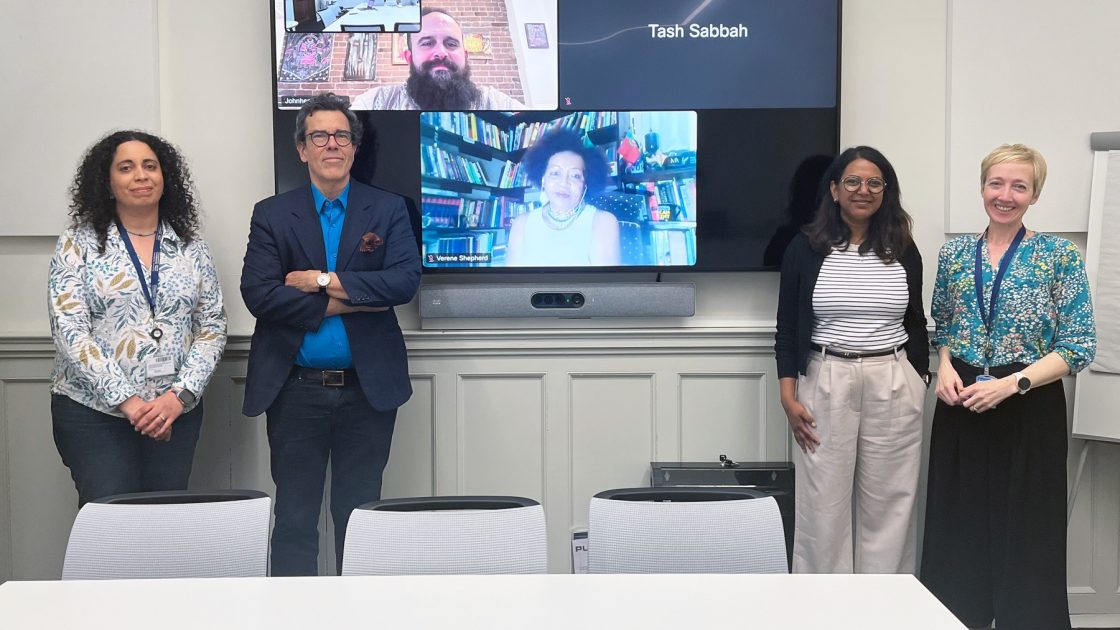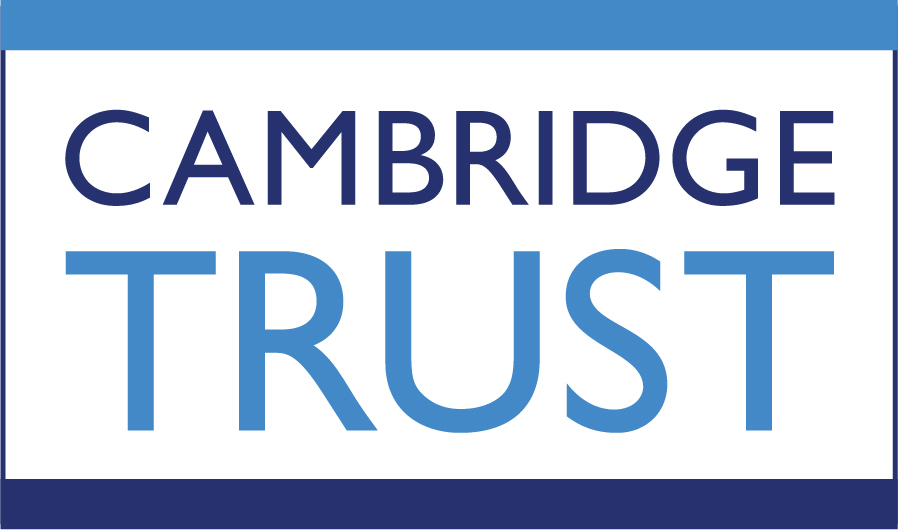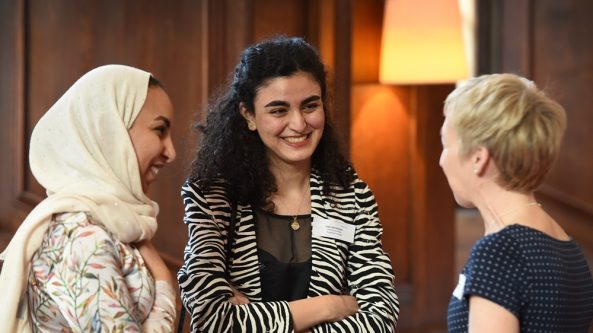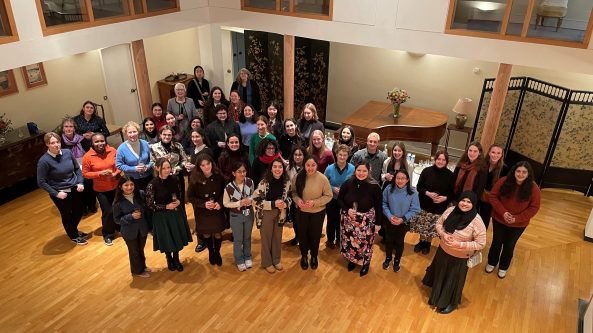How does the Trust use selection panels when awarding offers of funding?

The Spring term is the most exciting time at the Cambridge Trust, with candidates being considered for funding and offers being made.
One approach we take when making these important decisions can be to build a selection panel. Rachel Coupe, Deputy Director (Awards), explains how selection panels work and who takes part in them, what makes a strong application, and how we continually refine the process to ensure fairness. Plus an insight to the Cambridge Caribbean Scholarship panel, which took place last week.
How does the scholarship selection process work?
We start by advertising scholarships on our website and funding portal with details of any core criteria that applicants need to meet, such as field of study. Admission applications can be submitted throughout the year, but funding applications must meet specific deadlines in December or January.
A shortlist of candidates is identified in March, based primarily on academic merit and using the moderated department scores that are produced through the University’s postgraduate funding competition.
For some scholarships, we use selection panels to make awarding decisions. They tend to meet in March or April to review shortlists, assess candidates’ relative merits and agree awardees and reserves. The Trust then takes forward the process of contacting successful candidates.
How many funding applications do you typically receive?
It varies by scholarship. For instance, the Cambridge Africa Changemakers Scholarship received over 370 applications, with a shortlist of around 25. The newer Cambridge Caribbean Scholarship had 31 long-listed applicants and 11 on the shortlist.
Why does the Cambridge Trust use selection panels?
A panel is helpful for those scholarships that have specialist criteria that cannot be measured through academic merit and scores alone.
For instance, some scholarships focus on candidates’ potential to contribute to the future development of particular regions. A selection panel brings a depth of knowledge and expertise relevant to the specialist criteria, complementing the academic assessment undertaken by departments. It’s a rigorous process, and we seek feedback each year to ensure continual improvement.
Competition for scholarships is intense, and decisions on who to award to are made with reference to academic merit and the criteria of the scheme. It’s incredibly rewarding to be part of this process and have the opportunity to see what candidates have achieved so far.
Who sits on the selection panel?
Panels tend to consist of 4 to 5 people, ideally with a background that closely links to the scholarship criteria and an understanding of the region, its history, and its complexity. It’s also helpful to have panel members that, collectively, offer a breadth of disciplinary experience.
We always try to have a good balance in terms of diversity and gender balance, subject to people’s availability. We revisit panel membership on an annual basis.
What makes a strong application?
Panels are interested to see applicants’ academic excellence, and passion for their field of study. A candidate’s PhD research proposal will be of particular interest for the panel as they assess whether applicants align strongly to the specialist criteria of the scholarship in question.
The panel may also be interested to see what personal attributes a candidate offers. This is not a requirement necessarily, but candidates who show leadership, resilience, or have unique experiences like volunteering or teaching can stand out because they show commitment to contributing back to their communities.
Do you ever review the approach?
We are continually refining the process. At the end of each panel meeting we ask for feedback from members to get their perspective, which we always take on board.
Explore the Cambridge Trust scholarships available
Spotlight on the Cambridge Caribbean Scholarship
Generously supported by the University of Cambridge and Trinity College as well as by the Trust, the scholarship was set up to help talented students from the Caribbean region come to Cambridge through fully funded scholarships.
The emphasis is on candidates' ability to contribute to regional development after graduation. So the panel is looking for evidence in applications – such as research areas or past experiences – that show how they can make meaningful contributions.
Who took part in the 2025 selection panel?
- Prof. Verene A. Shepherd, The University of the West Indies. A Professor of Social History and a world-renowned historian, she advocates for gender justice, racial equality and non-discrimination, and reparation for the impact of European colonisation on indigenous peoples.
- Prof. Richard Drayton, Rhodes Professor of Imperial History at King’s College London, and a Fellow of Corpus Christi. Born in Guyana and raised in Barbados, his research interests include how empires shape economy, society, politics, and culture, and the history of the Caribbean itself.
- Prof. Hank Gonzalez, a Professor of Caribbean History at the Cambridge Faculty of History. His primary research focus is on the history of Haiti, and he spends lengthy periods of research in this country and in the Dominican Republic.
- Dr Shelly Singh-Gryzbon, Assistant Professor in the Dept of Chemical Engineering and Biotechnology. Born in Trinidad and Tobago, her research focuses on computational modelling to improve understanding of cardiovascular diseases and to develop medical devices used in the treatment of these diseases.
Find out more about the Cambridge Caribbean Scholarship.
It’s incredibly rewarding to be part of this process and have the opportunity to see what candidates have achieved so far.




